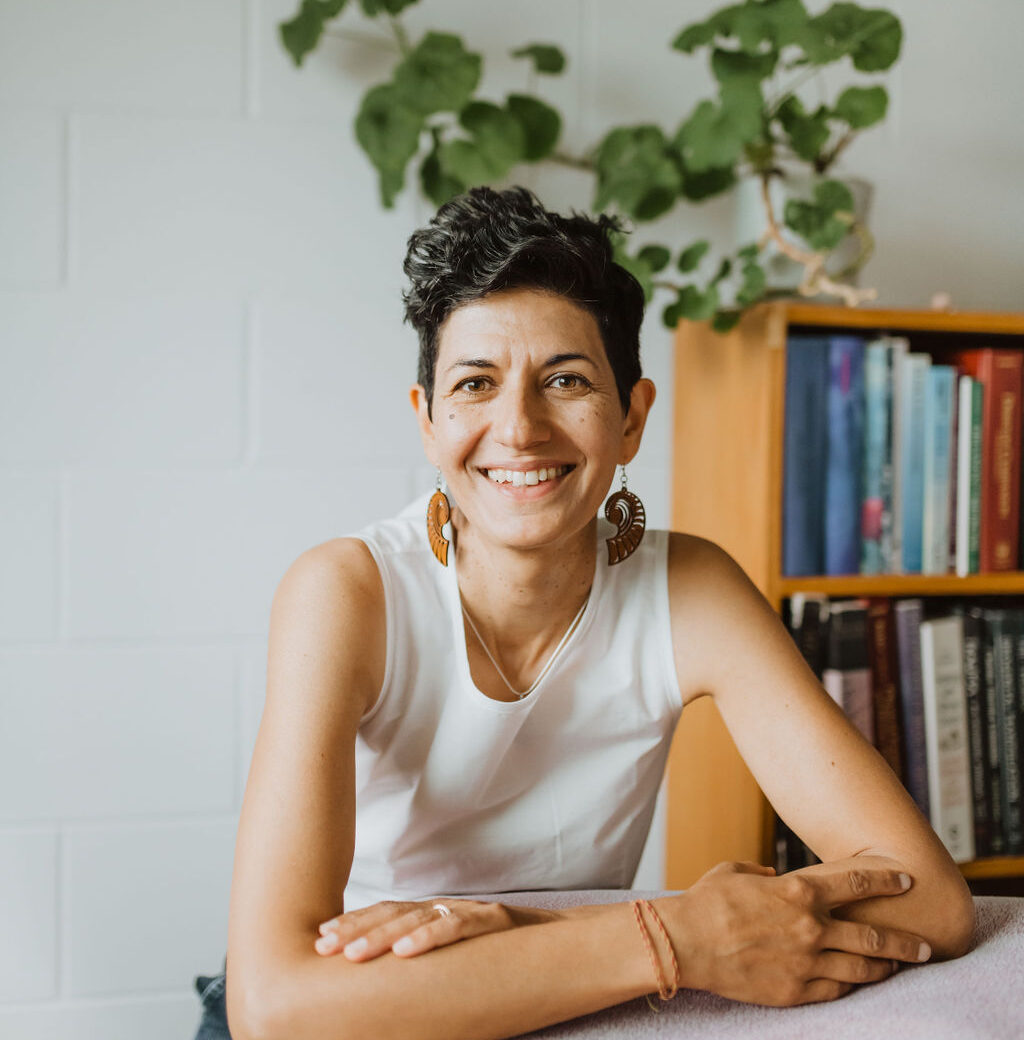
Honouring the Cycles and the Seasons
I feel it is not well-understood why anyone might want to live according the the seasons and the cycles. We seem to be able to live in well-lit, warm environments year-round. We can extend our days, working online and from home despite the shorter daylight hours. We can shop, party and be active during this season of darkness … and we do.
So why would anyone want to slow down, rest more, turn inwards? Why might it be wise to move in harmony with natures cycles?
There is no factual or scientific basis I can offer for my perspectives on this issue. I just know that we are, at least in part, from nature. Even if our genetics have been manipulated and we are the products of some extra terrestrial experiment, nature has also shaped us and imbued us with a particular version of divine intelligence.
Nature has cycles, as the Earth, the cosmos and certainly wo/man-kind also has cycles. We are born, full of water, bounce and potential and we die, if all goes well, dry and brittle, with our potential expended. Once you are in it, there is no known way out of this cycle. And so it goes with the seasons – spring is moist and laden with the opportunity for new creation, the fruits of labour and rebirth; while the winter solstice marks the cycle’s completion before it all begins again.
Why harmonize, then? First off, although we think of ourselves as different and distinct from our animal brethren, we are still mammals. And it was not so long ago that we lived alongside mammals that supported our very lives. Mammals that live in the northern hemisphere change their habits during the winter months – they change their coats, their colour, they eat a different diet and often go into hibernation or torpor. We did the same up until 70 or so years ago. This current phase, marked by the industrial revolution has been just a blip in our larger existence. My grandparents, farmers and pioneers, worked long hours during the summer, but rested and played cards in the winter.
Jill Novak’s workbook: reflect & vision
Yes, we are adaptable, but are we that adaptable? Can we depart so far from our heritage in so short a time span? The view that we are completely separate and don’t answer to the laws of nature is very questionable. We have, literally zero evidence to support the idea that we can live apart from nature and her cycles. To push this boundary, to me, seems risky at best.
We know Earth has moved through many planetary cycles. Warming and moistening, drying and cooling. When there is more sun and more heat, there is more growth, more green, more abundance of food and resources. Even expansion of our human consciousness is possible during these warming phases. Apparently the Renaissance was a period of Earth’s warming. So we are naturally tethered to the planetary cycles and seasonal cycles.
The other reason to harmonize with and honour nature’s cycles has to do with honouring the cycles within ourselves. Death is imminent for all of us. Winter, a time when many people die, is reminder of this inevitability. When we accept nature’s cycles, we must also accept our place in that cycle. We are born, we live, we die. And what happens before death? How do we behave when faced with our mortality?
We consider the life we lived. We review our life, as we might review our day as we lie in bed. What did I do with my life? How did I use my opportunities? Did I live and love the way that I wish I had? Did I act with integrity? Can I now be at peace?
The winter solstice, then, is an opportunity to practice our time of death. And reckoning with our mortality serves to bring us into closer alignment with our deeper nature. It is the fleeting quality of living, which makes it precious and presses us to fulfill our potential. For the life that lives and swells and moves within each of us comes from one source. That source is the same in the animals, in the Earth and in the intelligent design of cycles. To fight the rhythms of life, is an exercise in futility.

Tanya Rampersad
Naturopathic Doctor
“The winter solstice, then, is an opportunity to practice our time of death. And reckoning with our mortality serves to bring us into closer alignment with our deeper nature.”
e
